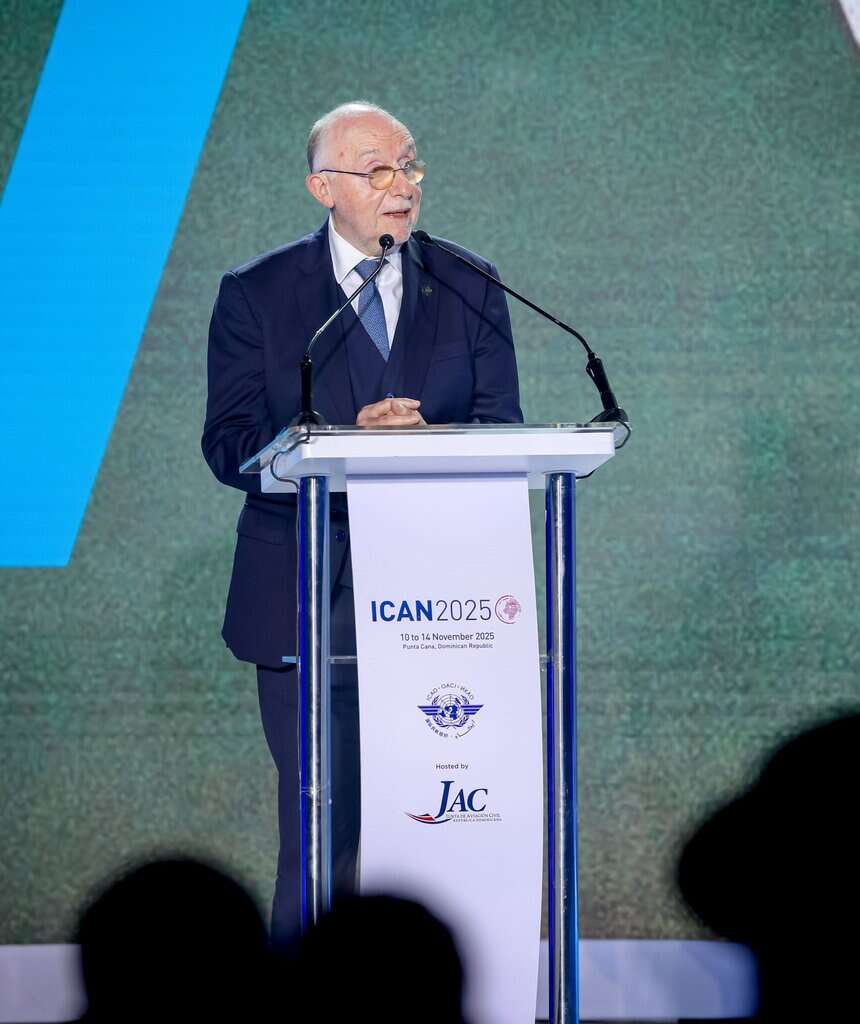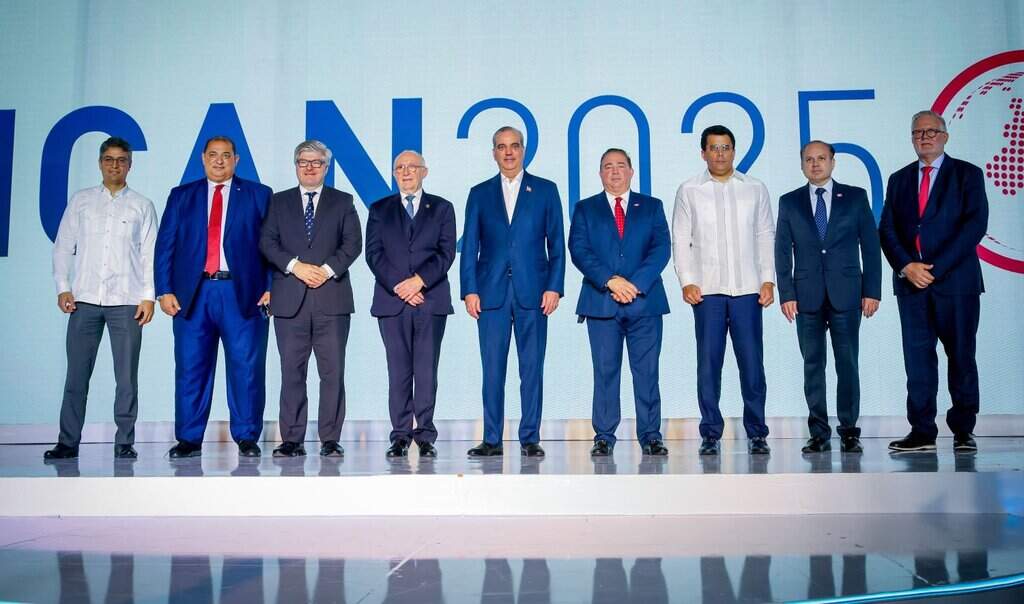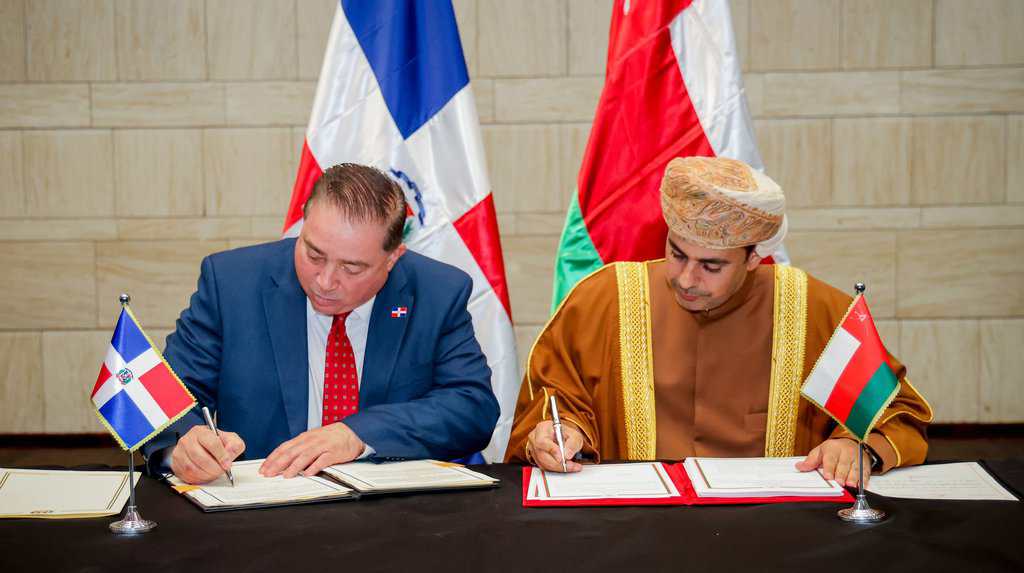Every year ICAO conducts an International Civil Aviation Organization Air Services Negotiation (ICAN) event that provides States, either on-site or remotely, with a central meeting place to conduct bilateral, regional or plurilateral air services negotiations and consultations. It also provides networking opportunities for policy makers, regulators, air operators, service providers and other stakeholders. Until this year, 162 States have participated in and benefited from ICAN at least once.
In addition to negotiating agreements, ICAN provides a forum for participants to learn about current industry trends and issues, and exchange experiences. ICAO Member States reported reaching 440 new and updated bilateral and multilateral agreements during ICAN 2025. These agreements are expected to support the implementation of the outcomes of the 42nd ICAO Assembly, which last month adopted a new suite of Resolutions supporting the ICAO 2050 Vision. The Resolutions provided the foundation and direction for this year’s negotiations, ensuring that new agreements reflect the latest global priorities.
 The five-day event that wrapped up on November 17th was hosted by the Dominican Republic was attended by 606 delegates from 87 ICAO Member States.
The five-day event that wrapped up on November 17th was hosted by the Dominican Republic was attended by 606 delegates from 87 ICAO Member States.
ICAO Council President Salvatore Sciacchitano set a clear agenda through his opening remarks. “Each new agreement should create better operating environments for airlines and airports, so businesses can thrive. Reach agreement on policies that improve air connectivity, deliver seamless journeys for passengers, and drive the growth of international air transport, and move beyond approaches that hinder progress,” he urged. “International air transport grows stronger when we embrace change, foster competition, and work together. Together we can unlock new routes, drive investment, and deliver better services for passengers and businesses everywhere.”
Market liberalization advanced at ICAN 2025, and was tailored to the unique needs of each region. Delegates had been expected to build flexibility into their agreements, expand market access, and ensure that developing States and smaller markets fully benefitted. These anticipated outcomes reflected the recent Assembly’s guidance to pursue liberalization in step with national and regional realities. Commitments to fair competition, principles of non-discrimination, transparency in slot allocation, and consumer protection featured in the negotiations. By placing these priorities at the center of new agreements, delegates created a stronger foundation for innovation, consumer confidence, and balanced growth.
Ownership and control provisions evolved as well. By recognizing community of interest within regional groupings, States enabled new avenues for investment and partnership, all while upholding ICAO’s standards for safety and security.
The ICAN2025 event also allowed States to strengthen the trust and partnership that underpin international aviation and further encourage the identification of shared priorities and achievement of common goals. In this regard, registering agreements with ICAO and sharing essential data are vital elements to strengthen trust, identify shared priorities and reinforce a culture of transparency and accountability
Reflecting on the path ahead, ICAO Secretary General Juan Carlos Salazar noted that “ICAO will continue to lead efforts to advance the global air transport system through enhanced connectivity, resilience, and inclusion The future of aviation will be shaped by your openness, innovation, and trust.”
Activities on the sidelines of ICAN 2025 contributed to the momentum, as participants joined the African Civil Aviation Commission in celebrating the 26th anniversary of the Yamoussoukro Decision on 13 November. This provided an important platform for the Single African Air Transport Market, reducing route restrictions and expanding capacity and intra-African air connectivity.
The success of ICAN 2025 set the stage for the Seventh Worldwide Air Transport Conference, which will be the international community’s forum for reshaping the economic regulation of air transport worldwide. Taking place at ICAO Headquarters in Montréal in November 2026, it will bring together governments, industry, and other key partners to address the most pressing strategic issues facing aviation, including sustainable growth, infrastructure financing, digital innovation, and policy frameworks that ensure No Country is Left Behind.



